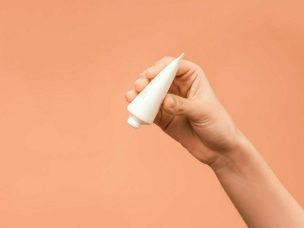August 18, 2023
Psychological Stress and the Development of Alopecia Areata
Medically reviewed by Dr. Shani Saks, D.O. on Sept. 12, 2023 The pathogenesis of stress-induced alopecia areata involves apoptotic and autoimmune pathways that may interact with one another in the development of the disease, serving as potential therapeutic targets. Alopecia areata is an autoimmune dermatological condition that leads to reversible hair loss in the form of patches....
Ideal JAK Inhibitor for Alopecia Areata
Medically reviewed by Dr. Shani Saks, D.O. on Sept. 10, 2023 Oral Janus kinase inhibitors such as brepocitinib, baricitinib, deuruxolitinib, and ritlecitinib are effective for the treatment of alopecia areata, causing significant regrowth of hair with only mild to moderate adverse effects. Alopecia areata is characterized by the immune-mediated loss of hair in non-cicatricial patches. While...
Age and Sex Affect Alopecia Areata Comorbidities
Medically reviewed by Dr. Shani Saks, D.O. on Sept. 12, 2023 People with alopecia areata have gender-specific comorbidities, including anxiety, dermatitis, hypothyroidism, and hyperlipidemia. According to a recent study, interactions between gender, age, and the severity of the disease influence the onset of these associated diseases. Alopecia areata (AA) is a chronic inflammatory condition considered the second...
Topical Steroids With Fractional Erbium YAG Laser in Alopecia Areata
Medically reviewed by Dr. Shani Saks, D.O. on Sept. 12, 2023 Combination therapy using local corticosteroids and fractional erbium YAG laser was found to be an effective treatment method for alopecia areata. Alopecia areata is an autoimmune condition characterized by non-scarring scalp and body hair loss. Compared to intralesional steroids, fractional laser treatment was found to...
Effectiveness and Safety of Ritlecitinib in Adolescents With Alopecia Areata
Medically reviewed by Dr. Shani Saks, D.O. on Sept. 12, 2023 Ritlecitinib showed good efficacy and safety for alopecia areata treatment in adolescents in this study. Alopecia areata (AA) is an autoimmune disorder characterized by non-scarring alopecia of the scalp, face, and/or body that is caused by an immuno-inflammatory pathogenic process. Globally, AA has a...




